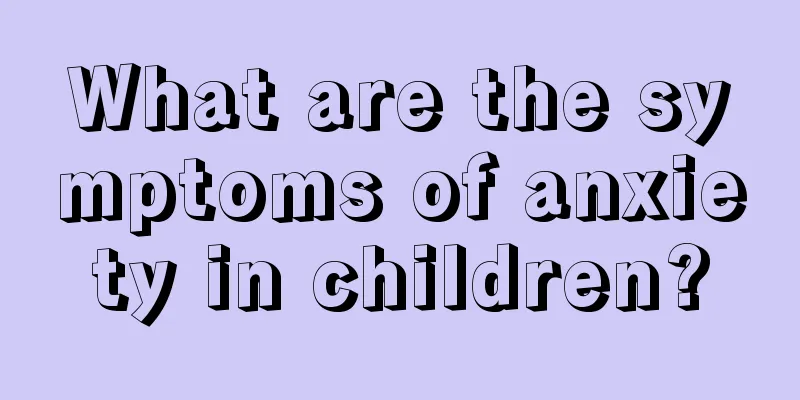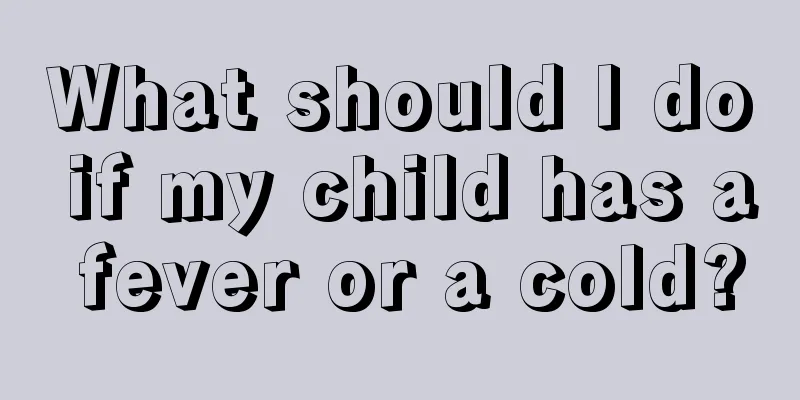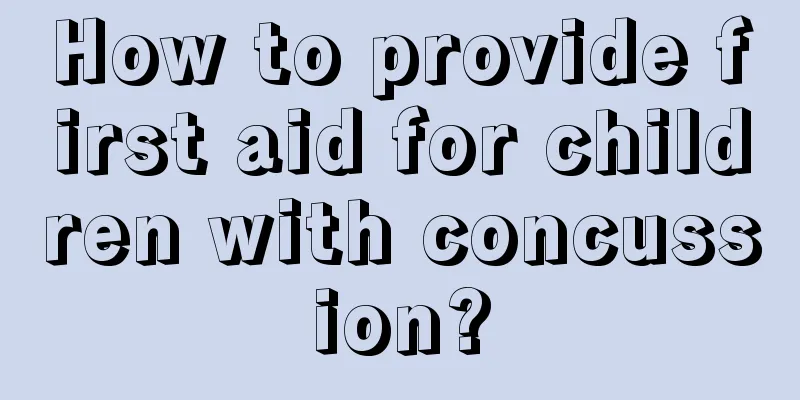What to do if a child has enlarged nasal glands

|
It is said that children are the hope of the motherland. Every parent hopes that their children can be healthy and happy on the road to growth. However, every child will always experience some diseases in the process of growing up. Among them, enlarged nasal glands in children is a disease that troubles many children. The occurrence of such a disease cannot be ignored, because if it is not treated in time, it will lead to very serious consequences and even affect the child’s intellectual development. Let’s understand what to do if a child has enlarged nasal glands? Children are prone to acute rhinitis, acute tonsillitis, and influenza. If the symptoms recur, the adenoids may rapidly proliferate and hypertrophy, aggravating nasal obstruction and obstructing nasal drainage. The secretions from rhinitis and sinusitis will stimulate the adenoids to continue to proliferate, forming a vicious cycle of cause and effect. It often coexists with chronic tonsillitis, leading to tonsil hypertrophy and adenoid hyperplasia, clinically referred to as adenoid hypertrophy. More common in children. Clinical manifestations of nasal gland hypertrophy in children (I) Local symptoms: Children may experience otorhinolaryngology and other symptoms due to the blockage of the posterior nasal cavity and the pharyngeal opening of the Eustachian tube by enlarged adenoids. Symptoms include open-mouth breathing during sleep, snoring with the tongue root falling back, restless sleep at night, excessive nasal secretions, occlusive nasal sounds when speaking, and slurred speech. Due to long-term mouth breathing, the facial bones are developed abnormally, the maxillary bone becomes longer, the hard palate is high and arched, the dentition is irregular, the upper incisors are exposed, the lips are thick, the face lacks expression, there are signs of dementia, and an "adenoid face" is formed. There is ataxia between swallowing and breathing, and choking and coughing often occur. The secretions flowing down irritate the respiratory mucosa, making it easy to get tracheitis. Obstruction of the Eustachian tube can easily cause non-suppurative otitis media, leading to hearing loss and retraction of the tympanic membrane. (ii) Systemic symptoms: There are often systemic nutritional and developmental disorders, mainly manifested as reflex neurological symptoms of chronic poisoning, such as dull expression, chest tightness and restlessness, poor lung expansion, which may lead to pigeon chest or flat chest over time. A few people develop cor pulmonale or even acute heart failure due to chronic nasal obstruction and long-term hypoxia. Examination revealed an adenoid face, a high and narrow hard palate, and retronasal endoscopy revealed pink, lobed lymphoid tissue masses on the roof of the nasopharynx. A soft mass could be felt on palpation of the nasopharynx. If necessary, a lateral nasopharyngeal X-ray may be performed to aid diagnosis. (III) Note: Snoring caused by enlarged adenoids in children is often ignored by parents. It is often the cause of snoring together with enlarged tonsils. Special attention should be paid to whether there is apnea and, if necessary, go to the hospital to check the adenoids. Children's adenoids can be examined indirectly under nasopharyngeal endoscopy. More advanced fiber laryngoscopes or electronic laryngoscopes and nasal endoscopes can also conveniently examine the adenoids. What to do if a child has enlarged nasal glands Surgical removal of the adenoids can be performed at the same time as tonsillectomy, or separately. Those who are not suitable for surgery can consider radiotherapy (but it is rarely used). In recent years, some people believe that plasma therapy can be used to treat adenoid hypertrophy. The method is simple and causes minimal pain. Every parent hates to see their children have health problems, so when problems occur, they must be treated in a timely manner, which can effectively avoid many serious consequences. The above is an introduction to what to do if a child has enlarged nasal glands. I hope it can be of some help to children with enlarged nasal glands. When choosing a treatment method, you must consider the child's physical condition, listen to the doctor's opinions and suggestions, and actively treat it. |
<<: Causes and treatments of rhinitis cough in children
>>: What are the causes of dark circles under children's eyes?
Recommend
What to do if your child cries while sleeping
If a child cries while sleeping, you need to pay ...
How to deal with children not growing taller
Parents are more worried about their children'...
How to properly provide oxygen to premature babies?
The mixed blessing today is that premature babies...
Newborn baby's throat feels like phlegm when eating milk
When a newborn baby feels that there is phlegm in...
Treatment for rotavirus group A
Many parents feel nervous about rotavirus, and ar...
What is the reason for thinning hair in babies?
Thinning hair is a common problem among adults, a...
What should I do if my child has a thick yellow tongue coating? The medicine is right beside you.
Parents must always pay attention to the baby'...
Why does the baby yawn and shed tears?
Although the baby is still young, his facial expr...
How to supplement iron deficiency in a two-year-old baby?
In life, if a 2-year-old baby appears pale and li...
Can babies eat peaches?
Peach is a fruit that has the effects of promotin...
How to prevent mosquitoes for babies
Everyone knows that a baby's skin is very ten...
8-year-old girl's breast development
Breast development in an 8-year-old girl is abnor...
Can a child take a bath when he has a high fever?
Fever is mostly a complication caused by a cold, ...
Causes of abdominal distension in premature babies
When it comes to caring for premature babies, mot...
What to do if your child has spots on his face
I believe many people will envy and be jealous of...









